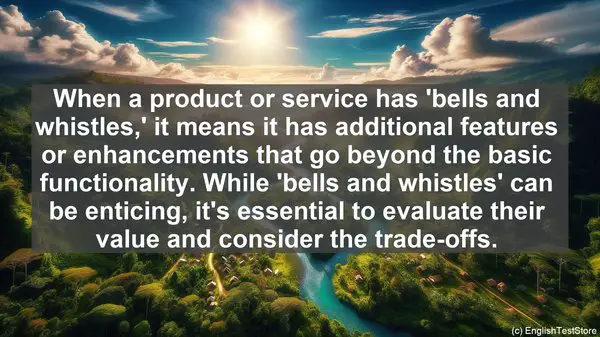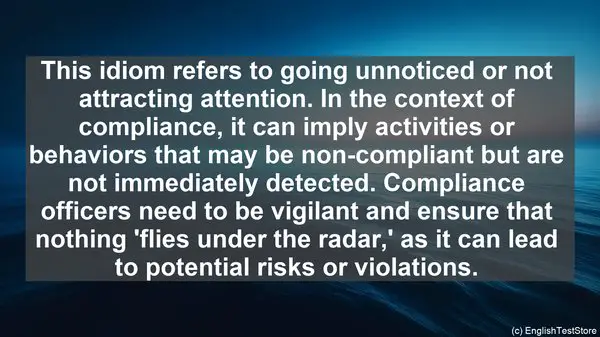1. ‘In the Loop’
As a manager, it’s crucial to be ‘in the loop’ with the latest industry trends and developments. This idiom means being well-informed and up-to-date. By staying ‘in the loop,’ you can make informed decisions and lead your team effectively.
2. ‘On the Same Page’
When working on a project, it’s essential for everyone to be ‘on the same page.’ This means having a shared understanding and being aligned with the goals and objectives. Being ‘on the same page’ fosters collaboration and minimizes misunderstandings.
3. ‘Thinking Outside the Box’
In the fast-paced tech industry, ‘thinking outside the box’ is a valuable skill. It means approaching problems or challenges in innovative and unconventional ways. By ‘thinking outside the box,’ you can come up with creative solutions and drive progress.
4. ‘Cutting-edge’
When something is ‘cutting-edge,’ it means it’s at the forefront of innovation. As a manager, it’s important to stay updated with ‘cutting-edge’ technologies and practices. Embracing ‘cutting-edge’ solutions can give your organization a competitive edge.
5. ‘Back to the Drawing Board’
Sometimes, despite efforts, a plan or project may not work out. In such cases, it’s necessary to go ‘back to the drawing board.’ This idiom means starting over and reevaluating the approach. ‘Back to the drawing board’ emphasizes the importance of adaptability and continuous improvement.

6. ‘On the Horizon’
When something is ‘on the horizon,’ it means it’s about to happen or become significant. As a manager, it’s crucial to anticipate changes and trends that are ‘on the horizon.’ By doing so, you can prepare your team and organization for the future.
7. ‘Smooth Sailing’
When everything is going well and without any problems, it’s said to be ‘smooth sailing.’ While the tech industry can be unpredictable, there are times when projects or initiatives experience ‘smooth sailing.’ Celebrating these moments and acknowledging the team’s efforts is important for morale and motivation.
8. ‘Bells and Whistles’
When a product or service has ‘bells and whistles,’ it means it has additional features or enhancements that go beyond the basic functionality. While ‘bells and whistles’ can be enticing, it’s essential to evaluate their value and consider the trade-offs.
9. ‘On the Same Wavelength’
Being ‘on the same wavelength’ with someone means having a shared understanding or perspective. In a team setting, it’s crucial for members to be ‘on the same wavelength’ to ensure effective collaboration and communication.
10. ‘Game Changer’
A ‘game changer’ is something that significantly alters the current situation or the way things are done. In the tech industry, there have been numerous ‘game changers’ that revolutionized the field. Recognizing and embracing ‘game changers’ can open up new opportunities and possibilities.



















